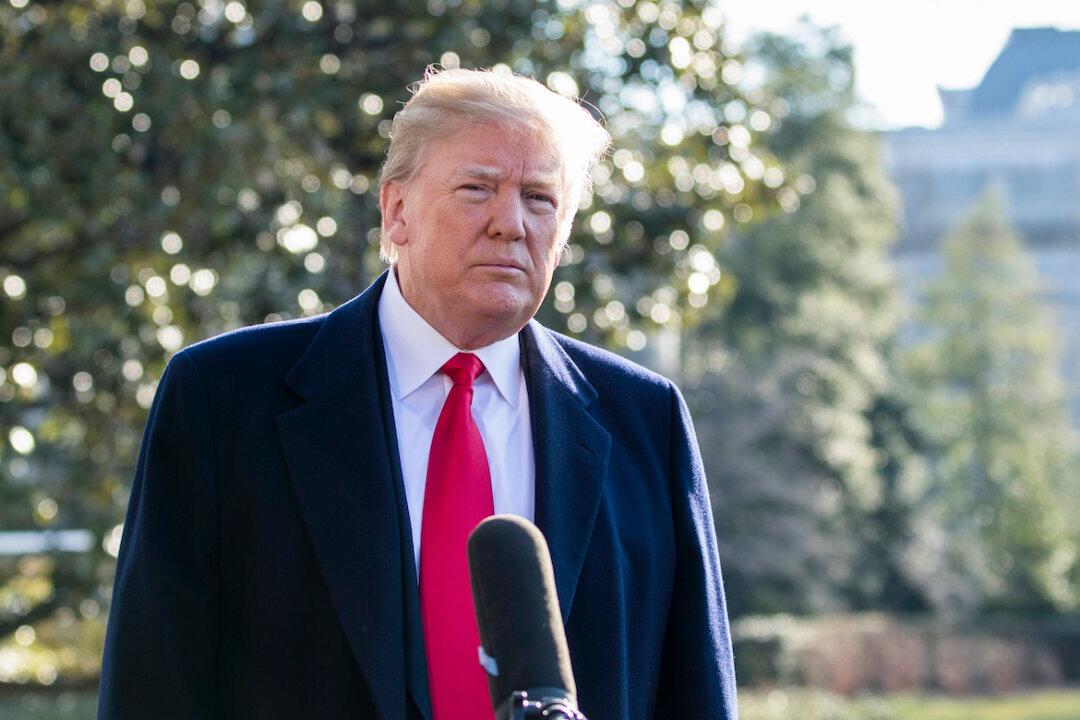The U.S. Supreme Court late Wednesday rejected former President Donald Trump’s request to block documents and records from his administration to the Jan. 6 House Committee.
The ruling comes after Trump last month asked the Supreme Court to block the documents’ release, after the U.S. Court of Appeals for the D.C. Circuit rejected his argument of executive privilege, but granted his request to temporarily halt the National Archives from releasing the documents, pending judicial review.




